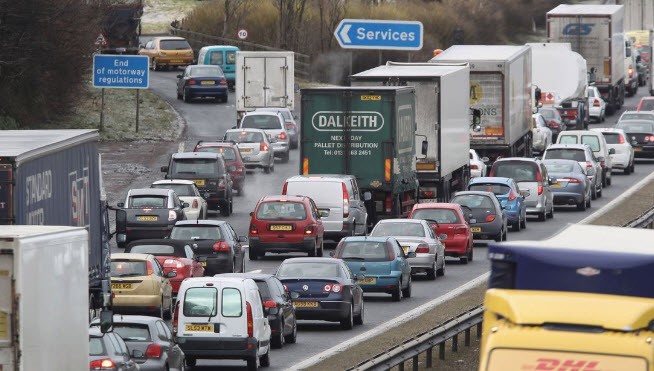The Road to Zero strategy - a refreshingly balanced view

Author: Richard Jones (pictured below), managing director, Black Horse
The Road to Zero
The Government recently published its Road to Zero strategy – it is a good document and much more balanced than some of the focus and messaging we have seen on the subject.
It’s realistic in that it recognises the important role that petrol, diesel and hybrid vehicles will continue to play in the next 15 years or so.
This is a point often missed in public debate on the future of fuel technology, so it was refreshing that this acknowledgement was made.
Of course, if we have more stability for traditional fuels in this time, this means manufacturers can continue to invest in their improvement, which is for the benefit of us all.
The point on balance, though, is that this is combined with a clear drive to get the country truly ready for the inevitable long-term shift to electric vehicles.
By that, I mean proper recognition of the scale of infrastructure and corresponding investment that is needed before we can confidently expect wide-scale adoption.
It’s a long road 
I believe the target dates in the paper are generally fair, but to achieve them, we need three key elements to align.
Infrastructure, consumer demand and vehicle supply must all progress at a similar pace or, at the very least, arrive at the right destination at the right time.
None of these will just happen, nor will they do so overnight.
While the Road to Zero strategy confirms that the wheels are in motion in addressing these, we know all are all three are a long way off.
Take consumer demand, for example – Norway has been investing in and heavily incentivising electric vehicles for almost a decade, but EVs still only make up about 25% of its new car sales market.
To me, this suggests that even if the UK offers grants, free parking, use of bus lanes and so on for EVs, it will still take time for everyone to make the switch. For now though, we should welcome this important step forward.
New for old
We should also remember that the most effective way to reduce emissions in the next five years is to get older vehicles off the roads, replaced by newer Euro 6 vehicles, whether they are petrol, diesel, hybrid or EV
To find out more from our sponsor please complete the form below and someone will be in touch.












